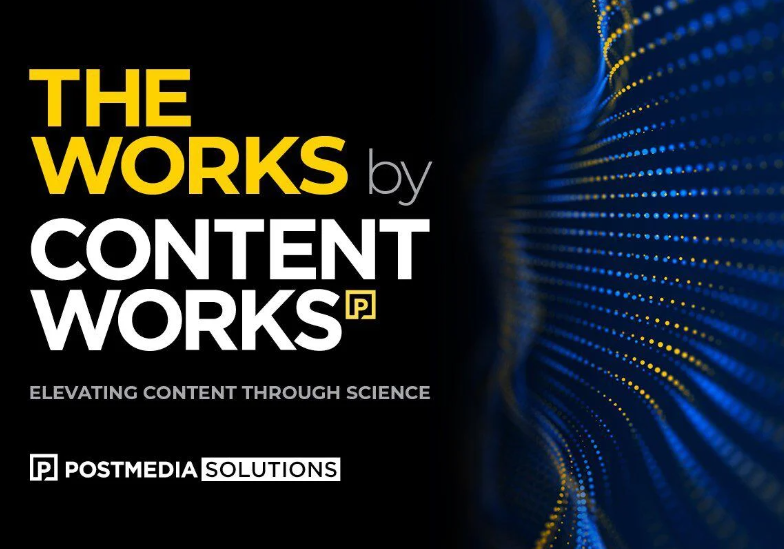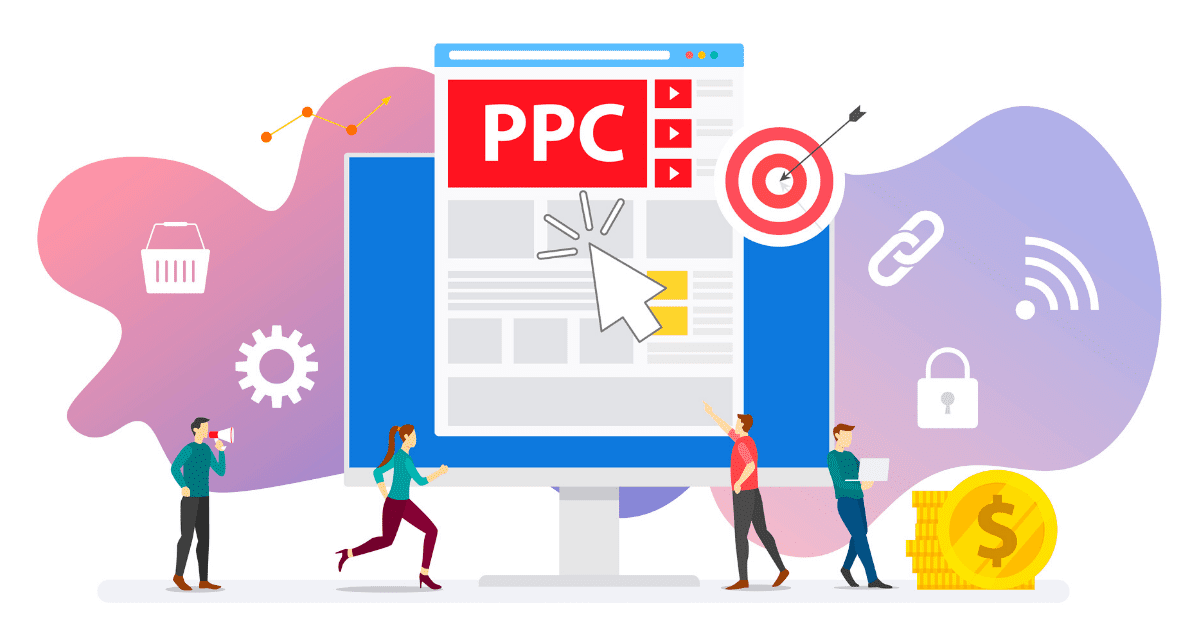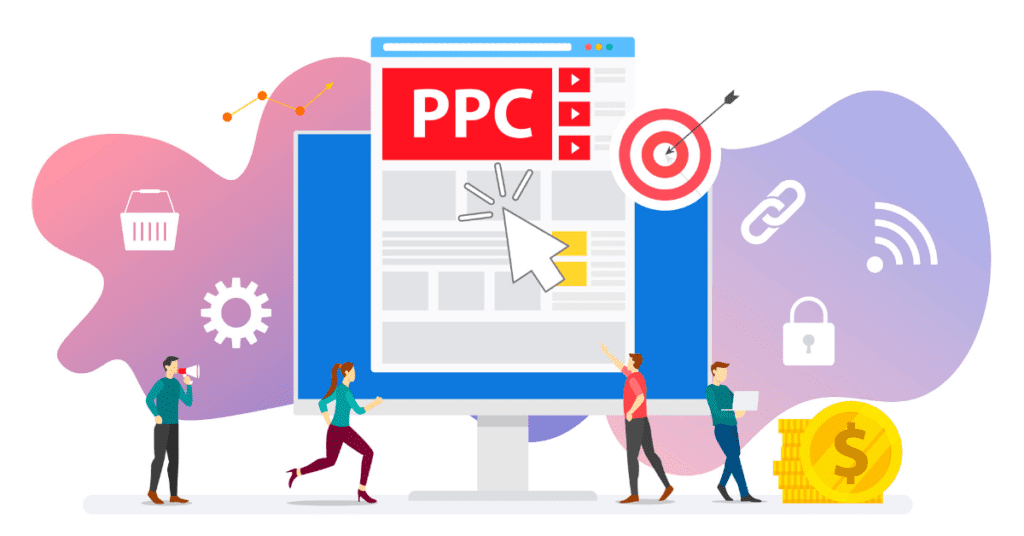Pay-per-click (PPC) is a cost-effective way for small businesses to build brand awareness and grow their audience.
PPC advertising is a key tool in digital marketing. It’s a strategic, highly targeted and widely used way for businesses to generate leads and find customers. That doesn’t mean it’s easy.
Many small businesses new to PPC advertising may feel overwhelmed when they discover how much time, effort and knowledge it takes to implement and execute a successful PPC campaign. The good news is, done right, PPC can help small businesses compete against larger competitors with much bigger budgets.
What is PPC?
PPC marketing is a standard way to advertise online by buying visits to your site instead of trying to attract visitors organically. As the name suggests, businesses that use PPC only pay a fee when someone clicks on their ad.
This predetermined fee is called the cost-per-click (CPC) and can range anywhere from a few cents to tens of dollars. The average CPC tends to fall between $1 and $2. For video and display ads, the fee is based on the number of times the ad is shown. This is called CPM, or cost per 1,000 impressions. In this case, you’re paying to show your ad 1,000 times, not the number of times it’s clicked.
How does PPC work?
PPC ads can appear on websites, emails and social media platforms such as Facebook, Twitter, LinkedIn and Pinterest. The most common form of PPC advertising is search engine marketing (SEM).
To launch a PPC SEM campaign on Google or Bing businesses have to set up an account with the search engine. This allows you to bid on the keywords or phrases most relevant to the products and services you are promoting, as well as to your target audience’s interests. The more you bid, the higher you rank in search results. You are only charged if a user clicks on your ad and goes to your website.
Fast fact: Google controls more than 90 per cent of the search traffic online.
Benefits of PPC for small businesses
- It helps build brand awareness with your target audience because you can pinpoint your ads based on factors beyond keywords and interests. These include location, age, gender, language and device.
- You can target people who’ve already visited your site but left without buying anything. This represents a big opportunity. Research shows that, on average, only two out of every 100 visitors to a website will make a purchase on their first visit.
- PPC ads show up above organic rankings and help you get noticed first when your target audience is scrolling through search results. This visibility drives up the likelihood they will click on your site.
- You can easily test performance. Run an A/B test to simultaneously assess two different ads in your campaign. This will help you optimize ads to drive results and kill those that aren’t converting.
- PPC campaigns are trackable. This ability to monitor campaigns provides a clear understanding of the ads that are converting visitors to customers and those that are underperforming.
- You benefit from quick results. A PPC campaign can generate results in hours, while it can take months to boost organic search results with a search engine optimization strategy.
Six strategies to optimize your PPC campaign
PPC for small businesses is key to get noticed and generate leads. Here are six strategies to help you get the most out of your PPC campaign:
Set clear objectives
What do you want to achieve with your PPC campaign? Do you want to drive people to your website when they’re doing their online research? Do you want to build awareness for your brand? Do you want people to call you? Do you want previous visitors to your site to come back? Knowing what you want to achieve will help you decide whether you need a search network campaign, display network campaign, AdWords call-only campaign, remarketing campaign or combination of these.
Choose your keywords carefully
The last thing you want to do is spend money on the wrong keywords. Do your research to find the keywords that will resonate with your target audience. Online tools such as Google Ads Keyword Planner can help you research and generate the right keywords for your search campaigns. They can also reveal the average cost for your ad to show up on searches for a specific keyword.
Tip: Google’s platform allows advertisers to automate basic functions such as setting budgets, pausing campaigns when they hit a predetermined daily spend, scheduling ads so they only appear when you know your target market is searching and not displaying ads when specific negative keywords are used in a search. You can access reports that identify the search terms people are using when your ad shows up.
Write compelling ad copy
It must clearly relate your value proposition and how you can help address a pain point using relevant text that connects to search queries. This type of high-quality relevant copy is what will allow the ad to rank high with Google. It also has to grab people’s attention and make them want to click – all in about 60 characters. Incorporating site links and extensions can help you stand out.
Tip: Regularly test your ad copy and images to ensure you are using the most effective combination of text and visuals.
Target your bids on keywords that convert
The precision targeting of PPC for small businesses helps you identify high performing keywords that generate the most sales. Focusing your budget on these keywords will help you outbid your competitors and improve your ranking.
Direct people who click on your ad to a landing page
This page should showcase the product or service they were searching for when they hit on your ad and include a clear call to action, such as “buy now.”
Tip: Include a promotional offer that will encourage people to click on your call to action.
Improve your quality score
This is a metric used by Google and Bing to determine ranking based on the quality and relevance of PPC ads. Your quality score also impacts the CPC of your ads. The higher the quality score, the lower the CPC. Increase your quality score by improving the relevance and click-through-rates of your ads and creating a great user experience on your landing pages.
PPC advertising for small businesses can be a cost-effective difference maker. The key is to be strategic, have clear goals, have an adequate budget, and put time and effort into creating ads designed to convert.





